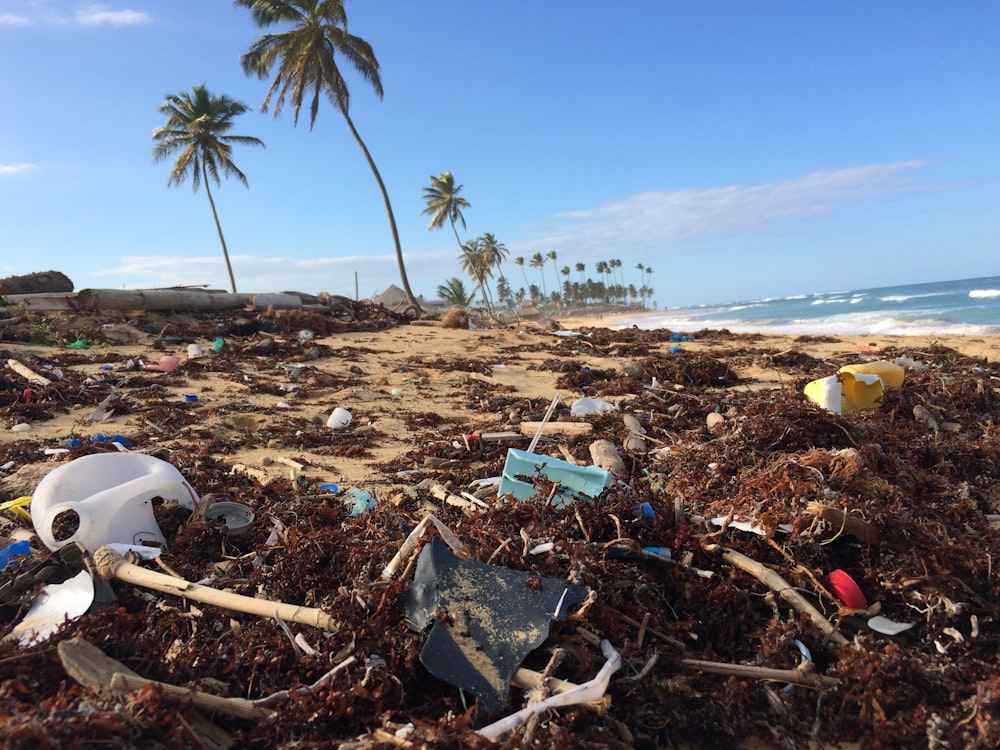WASHINGTON, Oct 21 (Reuters) – The carbon-intensive production of plastics is on pace to emit more greenhouse gases than coal-fired power plants within this decade, undercutting global efforts to tackle climate change, a report released on Thursday said.
The report by Bennington College and Beyond Plastics projected that the plastic industry releases at least 232 million tons of greenhouse gases each year throughout its lifecycle from the drilling for oil and gas to fuel its facilities to incineration of plastic waste. That is the equivalent of 116 coal-fired power plants.
Read the full story here: https://www.reuters.com/business/cop/plastics-outpace-coals-greenhouse-gas-emissions-by-2030-report-2021-10-21/




You must be logged in to post a comment.